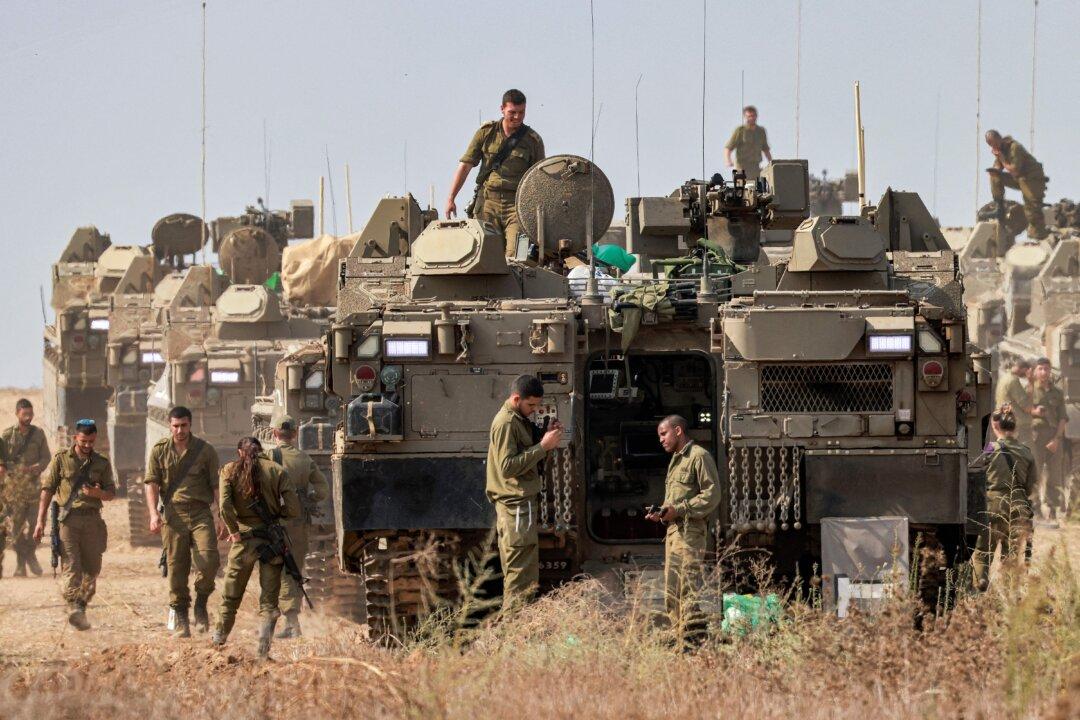Noam and Ahova Ivri Adanani were hosting their family members in their home in the southern Israeli town of Sderot on Oct. 7 when Palestinian attackers breached the nearby Gaza-Israel barrier, carrying out an unprecedented assault that has turned into an ongoing conflict.
The morning of Oct. 7 came at the end of the Jewish Sabbath day and the conclusion of the Sukkot holiday. At 6:30 a.m. local time, the family was awoken by the sound of rocket fire pouring over from Gaza.






